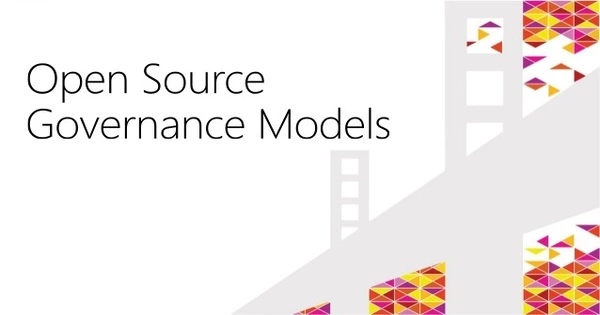Open-source governance (also known as open governance and open politics) is a political philosophy that advocates applying the philosophies of the open-source and open-content movements to democratic principles in order to allow any interested citizen to contribute to the creation of policy, similar to how a wiki document works. It refers to the principles, techniques, and institutions that guide the creation and administration of open-source projects and communities.
Legislation is democratically made available to the broader public in order to assist the decision-making process and improve democracy. Open-source software is software that is made publicly available under a license that allows anyone to view, use, alter, and distribute the source code. Governance of such programs is critical to their long-term viability, transparency, and efficacy.
Theories about how to restrict, limit, or enable this engagement differ. As a result, there is no single dominant theory for creating laws using this approach. There are numerous projects and movements aiming to develop open-source governance solutions.
Here are some key aspects of open-source governance:
- Licensing: Licenses that govern how software can be used, updated, and distributed are common in open-source projects. The MIT License, GNU General Public License (GPL), and Apache License are examples of popular open-source licenses. The license chosen can have a considerable impact on how a project is managed.
- Community Involvement: A community of contributors often maintains and develops open-source projects. Governance frameworks should encourage a diverse range of persons and organizations to participate. Core maintainers, contributors, and users can all be included.
- Decision-Making Processes: Clear decision-making processes are required for open-source initiatives. Meritocracy (in which individuals acquire decision-making authority by their efforts), consensus-based decision-making, or a hybrid of the two are common approaches.
- Transparency: Governance should be transparent, with important decisions, discussions, and development processes documented and open to the community. Transparency builds trust and helps prevent conflicts.
- Code of Conduct: Many open-source projects adopt a code of conduct to ensure a respectful and inclusive environment for all contributors. This helps prevent harassment and discrimination and sets community standards for behavior.
As the project develops and changes, open-source governance might evolve. To handle new challenges and opportunities, communities may need to modify their governance systems. The Apache Software Foundation, the Linux Foundation, and the Python Software Foundation are examples of open-source governance frameworks. Each of these organizations has governance systems in place to oversee a number of open-source projects.
Effective open-source governance is crucial for open-source project success and sustainability. It contributes to projects remaining open, collaborative, and responsive to their users’ and contributors’ demands.
















